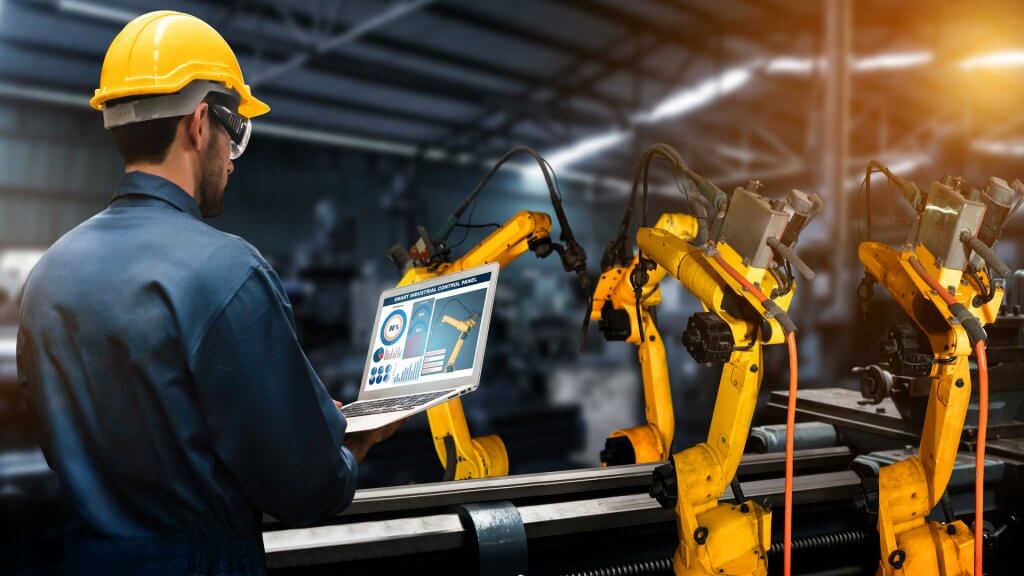Understanding the Detrimental Impact of Covid-19 on Gender Equality
By Avalyn Kasahara
Are we going back in time? how COVID-19 has dramatically widened gender equality for women in the workplace.
The past year has been difficult for most, with COVID-19 dramatically changing almost every aspect of our everyday lives. In particular, studies reveal that the pandemic has disproportionately affected women, both personally and professionally. Now questions are being raised whether years of progress towards female empowerment, women’s rights and gender equality is taking a step in the wrong direction.
At Future Strategy Club, a members club of over 300 of the UK’s most experienced c-level consultants and leading creative talent, we recognise the detrimental impact of COVID-19 on gender equality. We are aware that the past year has been tough for many, but particularly for women, who have undoubtedly been challenged and confronted by the gendered economic impact of COVID-19.
The economic impact of COVID-19 has disproportionately fallen on women, with data from the ‘Coronavirus and the gendered economic impact’ report further unveiling this. Within this report, data shows that women have been at an especially higher risk of job loss during the pandemic, being a third more likely to be employed in sectors such as travel and tourism, childcare, beauty and non-essential retail, all of which have been forced to close at least once during the pandemic.
The report also reveals that women have been more likely than men to be furloughed, made redundant and take on more hours devoted to childcare and non-developmental care, such as laundry, food shopping, life admin, cleaning and cooking. This demonstrates not only the widening gender inequality that the pandemic has created but the need for women to be better represented in all employment sectors, particularly those typically male-dominated.
The major disparity in how COVID-19 has impacted both men and women is clear. And as women become increasingly vulnerable to the pandemic’s economic effects, many women are looking for a new way to work, outside the norms of traditionality. In fact, 58% now say they would consider starting a business or finding freelance work.
This makes sense, as freelancing allows women to gain control of their careers by becoming their own boss, from flexibility and better income prospects to higher job satisfaction and overall happiness. At Future Strategy Club, we believe female freelance talent is particularly important and continue to ensure we support and encourage female freelancers, at every stage of their career, by guaranteeing equal pay and opportunities. Freelancers are also a vital part of our economy, with more than five million self-employed people in the UK, representing 15.3% of workers.

Stay updated with our latest publications.
Discover Issues
See how we can help you grow in the online space!
Advertise With Us
We can help promote your business.
Find Out More




